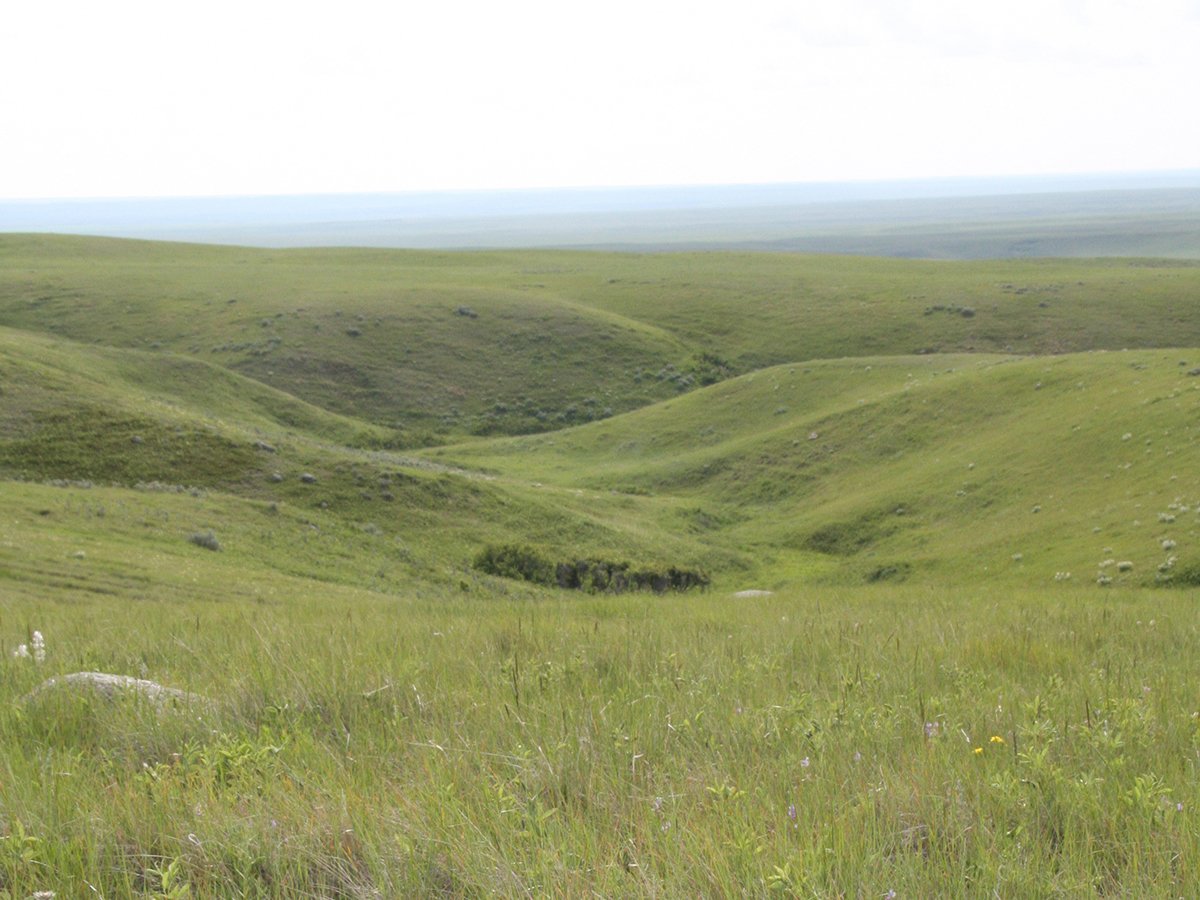During this fall’s calf run, the Canadian Cattle Identification Agency received calls every day from brand inspectors trying to trace unidentified animals at auction marts.
Each time, the inspectors were told no.
“We were getting two calls a day for information on stray animals,” agency manager Julie Stitt told delegates at the Alberta Cattle Commission meeting.
While it is technically possible to co-operate with the RCMP or brand inspectors trying to identify unbranded animals wearing an agency ear tag, it violates the confidentiality agreement guaranteed to producers.
Read Also

Alberta irrigation project on grasslands approved
Environmental concerns raised by Alberta conservation groups over irrigation expansion project within rural municipality
Stitt said the program was sold to producers as a food safety and health program and some do not want to see the numbers as a replacement for brand inspection, management purposes or carcass merit information. However, the door is open for expanded services if producers want it.
She worries that disallowing further service could alienate producers.
Not all cattle commission delegates agreed, reminding others of the controversy that ensued when the program was introduced.
“The agency was sold to the producers of Alberta with the idea of herd health only. If we change that stance at this point we are justifiably open for accusations of double cross and flimflam,” said Tom Livingston, a longtime delegate from Duchess.
People said their privacy would be violated if outside agencies like the police or Revenue Canada were provided with the tag information.
Other delegates said they prefer to see the program up and running successfully before data is provided for other services. The program is not mandatory until July 2002 and less than half the animals sold this fall wore tags.
“Until we get 100 percent of the cattle with tags in we are still dealing with a system that is 25-50 percent accurate,” said Glen Rosenau of Cereal.
The commission passed a resolution suggesting that with the owner’s permission, information could be released to brand inspectors or the RCMP.
This resolution is now before the cattle identification agency’s board of directors.

















